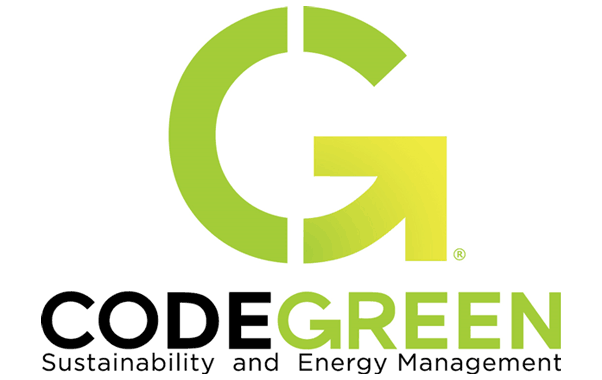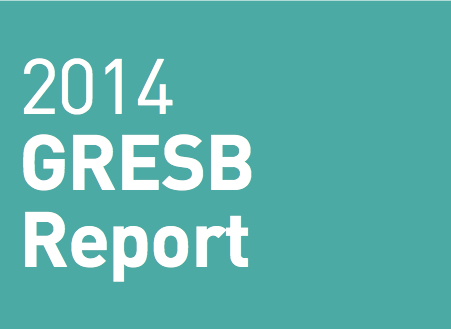Code Green Solutions


Congratulations! Thursday September 4th marked the release of the 2014 GRESB survey. The survey, founded in 2009, benchmarks the portfolio wide sustainability performance of institutional real estate investors around the world. I was fortunate to be able to join a packed house at Cushman & Wakefield’s New York Headquarters to hear the latest findings and congratulate the GRESB team.
Another milestone. This year’s report marks a milestone in the on-going trend toward greater availability of sustainability-related information in the global real estate industry. This trend pushes the real estate industry closer to a tipping point where transparency and disclosure about social, economic, and environmental performance becomes the norm. As this trend continues, investors, owners, and even tenants will increasingly view the absence of information as a source of risk and uncertainty.
By the numbers. I wanted mark the release of the 2014 survey by highlighting a few important statistics. In 2014, the GRESB report included:
Highlights. The survey results include a treasure trove of information about the industry. A few highlights from Nils Kok’s remarks and an initial read of the report:
Green building. The 2014 results present some interesting patterns regarding the use of green building certification. In 2014, 140 GRESB participants received green building certification for new construction projects with 88 participants certifying existing buildings during operations. Australia and New Zealand continued to have the highest level of activity with 73% of GRESB participants reporting the use of green building.
For GRESB participants using green building certification in 2014, LEED and BREEAM continue to be the most commonly used rating schemes. LEED constitutes 43% of operational green building certificates, with BREEAM capturing 36% and various national schemes 21%. LEED represents 34% of new construction and major renovation projects with BREEAM used for 30% of projects and the remainder using various national systems.
Energy management. The 2014 results also reflect the continued importance of energy efficiency for investors and the prevalence of energy efficiency-related requirements. 97% of 2014 GRESB participants reported having a specific policy in place to address energy consumption and management. Widespread actions reported in the survey include verification of building energy system (85% of participants) and commissioning (76%).
Management and governance. The 2014 results also address management and governance issues. Notably, 62% of GRESB participants have employees specifically dedicated to sustainability issues. Equally importantly, sustainability performance is an explicit component of annual performance reviewers for 68% of asset managers and 58% of fund or portfolio managers.
Data availability. The 2014 GRESB survey provides information on the availability of energy consumption data across nine real estate sectors (e.g., office, residential, hotels, etc.). Since 2009, data availability has increased significantly in all sectors. In 2014, retail and office property reported the highest level of data availability, with 79% and 80% respectively having access to energy consumption data. Conversely, hotels trailed other sectors with 43% data availability.
Weighting and scoring. On the technical side, the GRESB report also reflects a number of updates and changes. For example, the new report publishes points and relative weights for each of the seven core elements of the survey. The 2014 weights include a priority on stakeholder engagement (25.5%) and performance indicators (23.6%). Together, these contribute nearly 50% of the total benchmark score. Stakeholder engagement encompasses a range of management practices, including work with tenants, supply chains, employees, and local communities. Performance indicators include measures of environmental performance, such as energy efficiency and greenhouse gas emissions. Information on all of the components is available through an impressive set of new analytic dashboards.
These highlights just scratch the surface of the information in the new 2014 survey. It is worth taking the time to read through the details on GRESB.com.
Moving forward. 2014 marks another impressive milestone for GRESB and, more broadly, the global real estate industry. The 2014 GRESB survey clearly indicates strong, long-term trends toward greater transparency and the widespread adoption of sustainability and green building practices. The results also indicate that progress remains uneven, and there is significant variation between companies and funds and room for improvement even for the best actors. It is exciting to mark this important milestone and look forward to the achievements that will be reported in 2015.